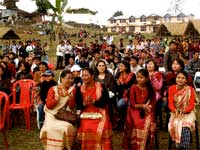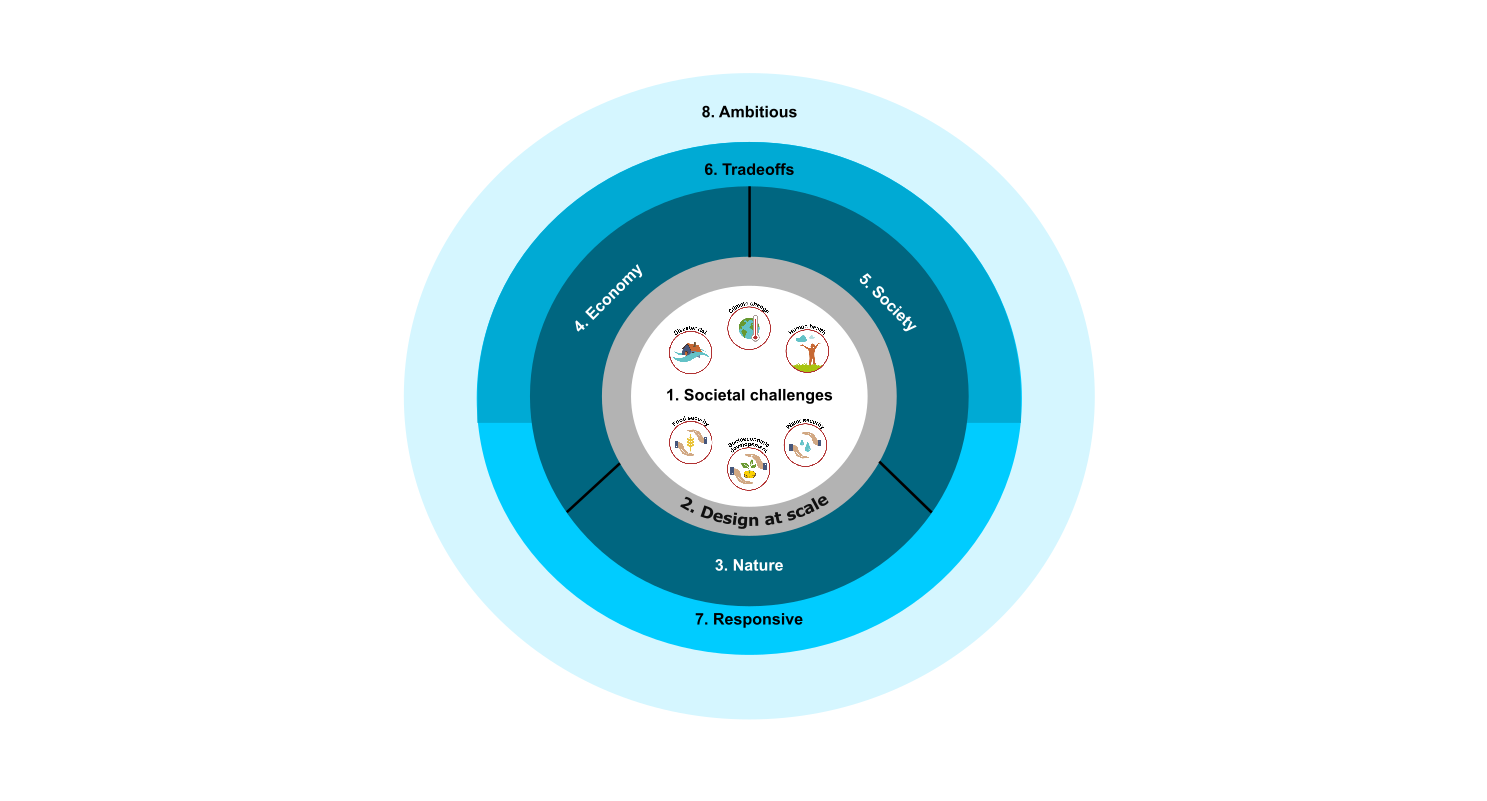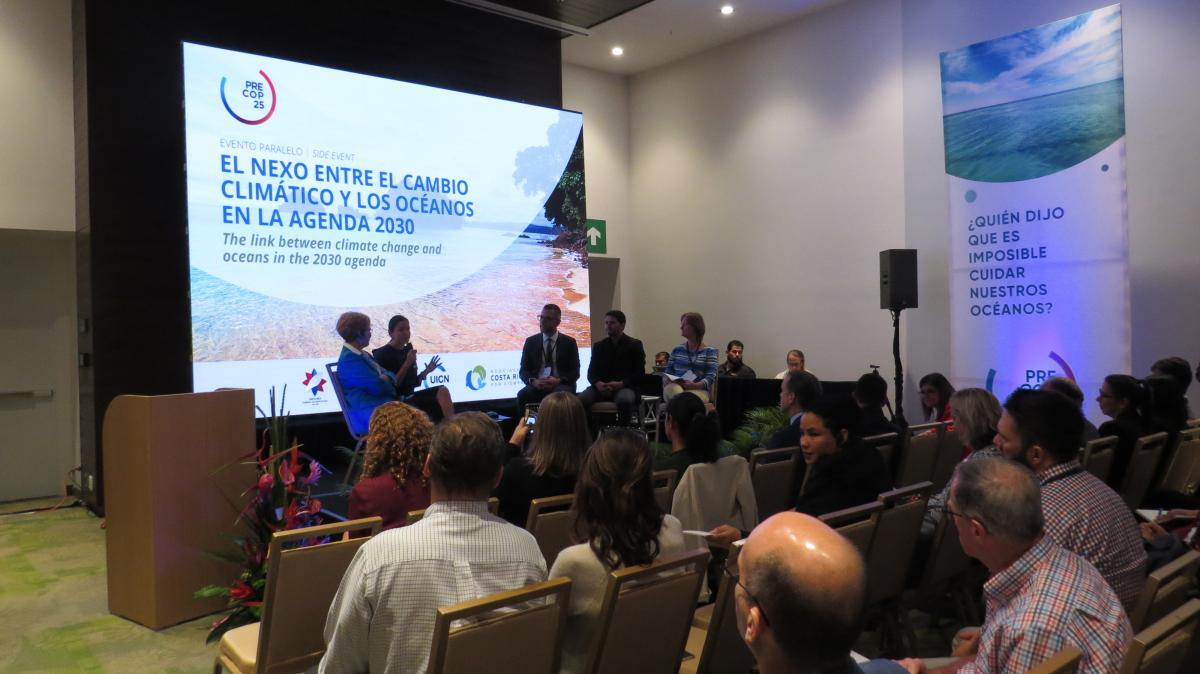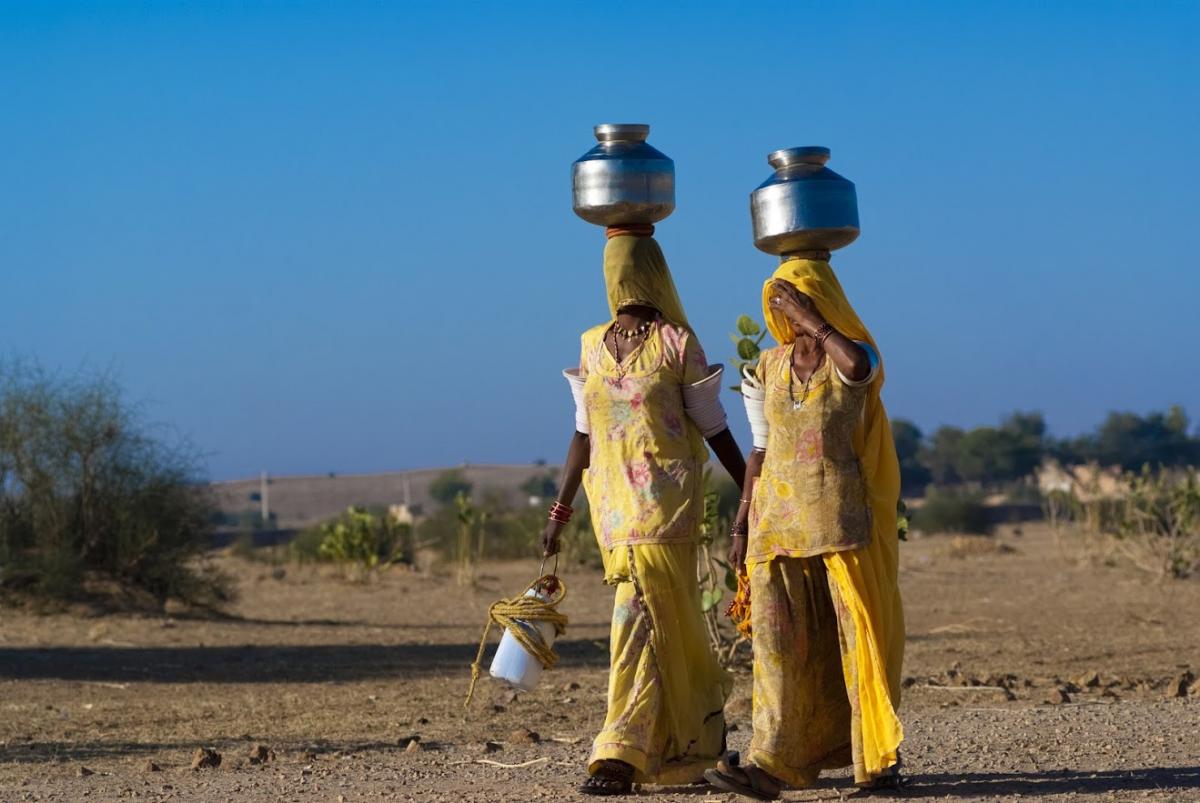Raising the Global Voice of Indigenous People and Creating New Platforms for Knowledge Sharing
(By Shayna Baile) What do local food festivals, global gatherings, and scoping missions all have in common? These initiatives form the base of efforts this first year of the Indigenous Partnership for Agrobiodiversity and Food Sovereignty coordinated by Phrang Roy, an internationally renowned expert on rural development, gender and indigenous peoples.

Photo:
In addition to missions to listen to and learn from indigenous groups in Peru, Vanuatu and New Zealand, the Partnership has also been active in global convenings, as well as in supporting a local food festival model for raising awareness about indigenous knowledge on food and agriculture, based on Slow Food's sustainable food expo, Salone del Gusto.
Slow Food has been working with indigenous groups since its Foundation for Biodiversity began in 2002. However, since 2004, and the birth of the biennial Terra Madre – World Meeting of Food Communities, Slow Food has substantially enlarged its network of food producers and other actors that participate in food systems work. With the collaboration of The Christensen Fund since 2008, Terra Madre has become ever more inclusive and focused on highlighting the importance of indigenous food cultures around the globe.
The participation in the Indigenous Partnership by Slow Food played a crucial role in the decision to focus this year's Terra Madre on indigenous language and culture. At the opening ceremony of the 4 th world meeting held in Turin, Italy, five indigenous speakers from five continents presented in their native languages to a crowd of over 7,000 people from 160 countries. In addition, three workshops specifically on indigenous issues were held (with between 250 - 400 attendees at each), including one in collaboration with the Platform for Agrobiodiversity Research (PAR) and Crops for the Future.
Also in Turin, the Samì indigenous delegation announced the inaugural meeting of Terra Madre Indigenous People, which will be held from 17 to 20 June 2011 in Jokkmokk, Sweden. It will be hosted by Slow Food Sapmì and partially funded by the Samì Parliament, the Swedish Ministry of Agriculture and the Indigenous Partnership for Agrobiodiversity and Food Sovereignty.
Listen to the BBC Radio report on Terra Madre here.
Following soon after, the Indigenous Partnership organized the first Food and Agrobiodiversity festival in Mawphlang, near Shillong in North East India in November. Its aim was to test the use of a food festival that could be used by the Indigenous Partnership as an entry point for its networking initiative to build from the grassroots, as was suggested at the Scoping Workshop in Cusco, Peru in May. Carlo Petrini, Founder and President of Slow Food International, joined over 800 residents from fifteen local communities in celebrating and showcasing the region's indigenous foods, with dishes prepared by representatives of the Khasi and Jaintia ethnic groups. “If we look around us, we will see that the world has forgotten about indigenous food,” said Phrang Roy. “However, we are trying to remind people about the importance of local gastronomy, culture and traditions” as we look at global issues in climate change adaptation, food security and preservation of agrobiodiversity.
Read related stories
- Indigenous Partnership Hosts its First Food and Agrobiodiversity Festival
- The full story in the news The Shillong Times
- Slow Food Movement Guru Petrini in city
- The Human side of Biodiversity - Carlo Petrini visits India [Here's an article in Italian]
- Indigenous Partnership: Supporting a Global Food Transformation
- Indigenous Partnership for Agrobiodiversity and Food Sovereignty: Scoping Report (Pisaq, Cusco, Peru, May 2010) (pdf 2.78 MB)
- The Indigenous Partnership takes Root: Lessons from Cusco
- Photo Story: The Indigenous Partnership Takes Root: Lessons from Cusco (2010) (pdf 1.30 MB)
The Indigenous Partnership for Agrobiodiversity and Food Sovereignty currently involves Platform for Agrobiodiversity Research (PAR) and Bioversity International (Rome, Italy), the International Institute for Environment and Development (IIED) (London, England) and Slow Food International (Bra, Italy) and three indigenous organizations Tebtebba , Asociación ANDES and Vanuatu Cultural Centre.
For more information contact:
Phrang Roy
Coordinator, Indigenous Partnership for Agrobiodiversity and Food Sovereignty
Email: phrangroy@hotmail.com



